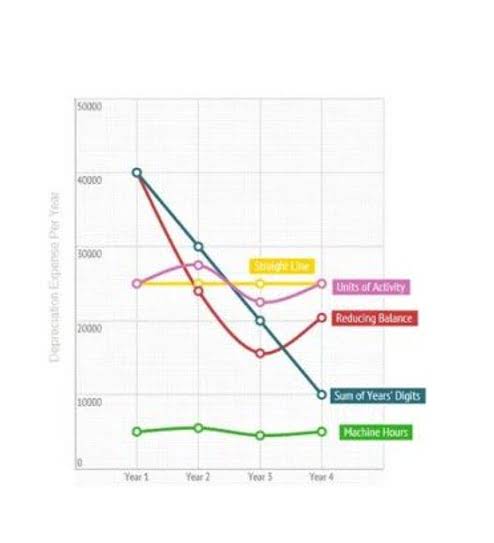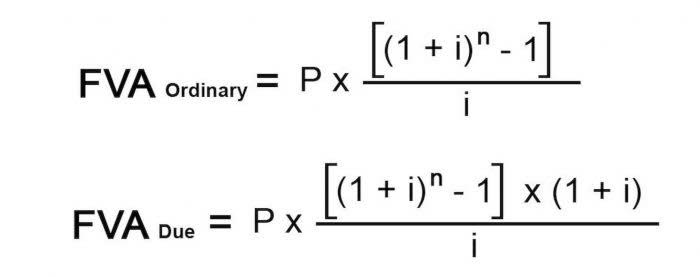Thomas Doe
Social WorkerNulla totam rem metus nunc hendrerit ex voluptatum deleniti laboris, assumenda suspendisse, maecenas malesuada morbi a voluptate massa! Hendrerit, egestas.


These are critical components of a franchise’s expenses and should be tracked separately to ensure correct payments are made. Each transaction in a franchise reflects a financial event that must be captured accurately. Effective bookkeeping records these transactions systematically, ensuring they are categorized into the bookkeeping for franchisee correct accounts to maintain clarity and control over the business’s finances. For the franchisor, it’s an avenue for expansion without the high capital risk, as franchisees bear most of the operational costs.

Documentation must be consistent and timely, as this data is crucial for financial insights and future planning. It’s important to maintain accurate records regarding accounts payable and accounts receivable to ensure profitability. Bookkeeping for franchisees does not need to be a disruptive additional process for an already complex business. If you start putting a few of these tips into practice today, you can get ahead fairly quickly. Within a few short months, you can develop a streamlined system that makes accounting easier. Developing different financial scenarios with varying assumptions helps franchisees prepare for different possibilities and adapt strategies as needed.
Franchise businesses usually have a high initial investment cost, which can lead to some cash flow constraints, specifically during the early stages of operation. Franchisees have to ensure that they have enough cash on hand to cover their expenses and invest in growth opportunities in the early stages. Quarterly business planning sessionsand annual strategic meetings provide opportunities to adjust services as your business evolves. Franchisees incur costs upfront and also over time, which independents don’t. These include initial franchise fees, ongoing royalty fees, and marketing fees owed to the franchisor. Tracking sales is essential for any business, but for franchises, it’s particularly important because royalty payments depend on accurate reporting of gross sales.

Bookkeeping is a fundamental aspect of running a franchise business, demanding precision and compliance with both the franchisor’s requirements and standard accounting practices. Any franchise that wants to succeed needs to have efficient bookkeeping in place to make sure that its financial operations are accurate, transparent, and in line with all applicable laws and regulations. We will provide vital advice on franchise bookkeeping in this blog, which will assist franchise owners in streamlining their financial operations and achieving sustained profitability. Proper bookkeeping for franchisees are essential for operational effectiveness, from tracking royalty payments and preserving consistent financial records to handling payroll and inventories. We’ll look at how using specialized bookkeeping software can make these chores easier, cut down on mistakes, and offer financial insights in real time.
This means accrued royalties at the end of an accounting period that haven’t yet been paid to the franchisor. When loans finance franchise fees and debt, franchisees would record the outstanding balance as a liability. Brand reputation does not reflect directly on Car Dealership Accounting the balance sheet, but the established name of the franchise is a valuable asset. This differs from other businesses because the franchisee can benefit from it immediately.
This eliminates the need for physical storage, the risk of sharing stale data. Caryl Ramsey has years of experience assisting in different aspects of bookkeeping, taxes, and customer service. She uses a variety of accounting software for setting up client information, reconciling accounts, coding expenses, running financial reports, and preparing tax returns. She is also experienced in setting up corporations with the State Corporation Commission and the IRS.
Of course, you’ll also need to keep track of the revenue your business is making so that you can understand your cash flow situation and how much profit you’re making. All businesses have certain things in common, like overhead costs, revenue, and profits. Accounting is simply keeping records of financial transactions related to your business. This covers all of the expenses related to operating your franchise, such as supplies, utilities, wages, and other charges.

When it comes to bookkeeping for a franchise, you need to understand the roles of the franchisor and the franchisee. As the business owner, the franchisor provides the business model that a franchisee can invest in. A franchise provides business opportunities for individuals to own and operate a franchise with low start-up costs and comprehensive training.


A franchise’s structure affects accounting practices through revenue recognition pertaining to QuickBooks royalty payments, the accounting of the initial franchise fee, and the handling of marketing fees. Franchise agreements often dictate specific financial reporting requirements as well. For your franchise to succeed and expand, you must become an expert in franchise bookkeeping.